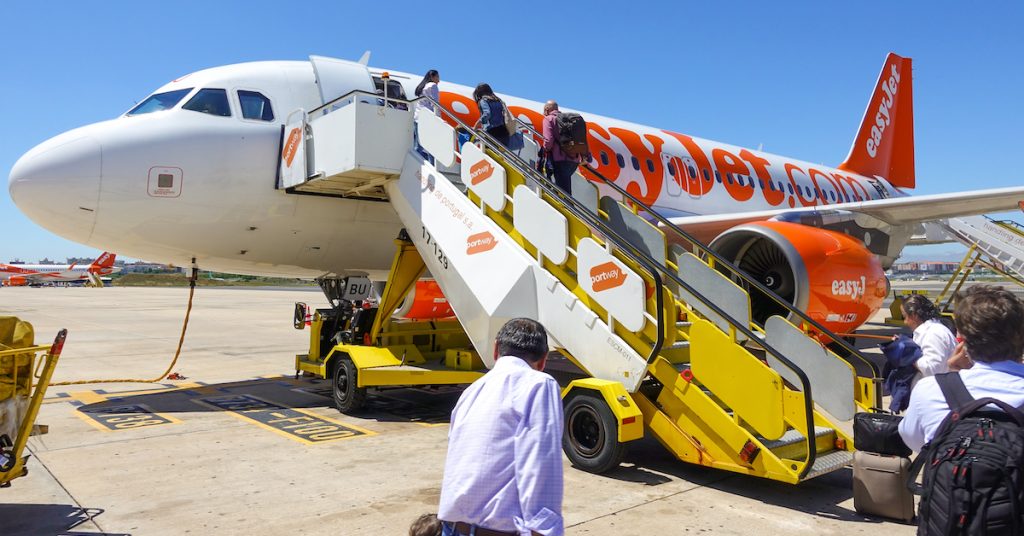EasyJet’s holiday division has reported a significant profit increase for the quarter ending December 31. However, the airline faces substantial financial impacts due to recent conflicts in the Middle East.
This stark contrast highlights both the growth in consumer demand for holiday packages and the broader challenges faced by the airline industry in volatile geopolitical climates.
Strong Performance in Holiday Division
EasyJet’s holiday division saw an impressive 131% rise in profits, reaching £30 million for the quarter. This surge was driven by a 48% year-on-year increase in customer numbers.
The division’s quarterly revenue also witnessed a substantial jump, rising by 95% from £93 million to £181 million, reflecting strong consumer demand for travel packages.
Impact of Middle East Conflict
Despite the positive results from the holiday division, EasyJet faces a £40 million hit due to the ongoing conflict in the Middle East. This impact is a result of halted flights to Israel and Jordan since the conflict’s onset on 7 October.
Furthermore, the wider industry has seen a temporary slowdown in flight bookings, exacerbating the financial strain on the airline.
Mixed Financial Outcomes
EasyJet reported a reduction in its quarterly losses, which have been trimmed to £126 million from £133 million year-on-year.
The airline projects an improvement in its seasonal winter loss due to disciplined capacity growth and productivity benefits.
EasyJet’s capacity rose to 23 million seats, with a load factor of 86%, as passenger carryings increased to 19.8 million from 17.5 million in the same period in 2022.
Summer 2024 Outlook
Early bookings for summer 2024 are showing promising signs, with an increase in both volume and pricing compared to the previous year.
The positive momentum is also evident in the holiday division, where customer growth is expected to exceed 35% year-on-year.
Key Market Performance
The airline’s holiday division reported a boost in bookings for the months of May, June, and July. Spain remained a top destination, accounting for over a quarter of all summer 2024 beach sales.
Other popular destinations included the Algarve, Crete, Rhodes, Turkey, and Tunisia.
Families represented more than a third of beach bookings, with over 70% of sales directed towards four or five-star properties. The dominance of all-inclusive packages continued, representing 60% of beach bookings.
Booking Trends and Consumer Behaviour
The airline filled two aircraft per minute during peak booking periods, with the busiest sale day for package holidays occurring on ‘Sunshine Saturday’.
Chief Executive Johan Lundgren attributed the improved performance to strong brand demand and a robust network.
Lundgren noted, ‘The popularity of easyJet holidays is growing, with 48% more customers in the period. We see positive booking momentum for summer 2024 as travel remains a priority for consumers.’
Future Focus and Strategy
EasyJet remains committed to delivering excellent service to its customers while anticipating continued performance improvements.
Lundgren emphasised their focus on maintaining growth through strategic capacity management and enhancing their product offerings.
Conclusion
EasyJet’s holiday division has shown remarkable growth, underlining a robust consumer appetite for travel. However, the airline must navigate the financial repercussions of international conflicts.
The outlook for summer 2024 remains positive, with strong early booking trends and consumer preference for premium, all-inclusive packages.
EasyJet has demonstrated resilience and adaptability in its holiday division, achieving significant profit growth. However, geopolitical tensions present ongoing challenges.
With a strategic focus on capacity management and enhanced offerings, EasyJet is well-positioned to capitalise on consumer demand for summer travel in 2024.

